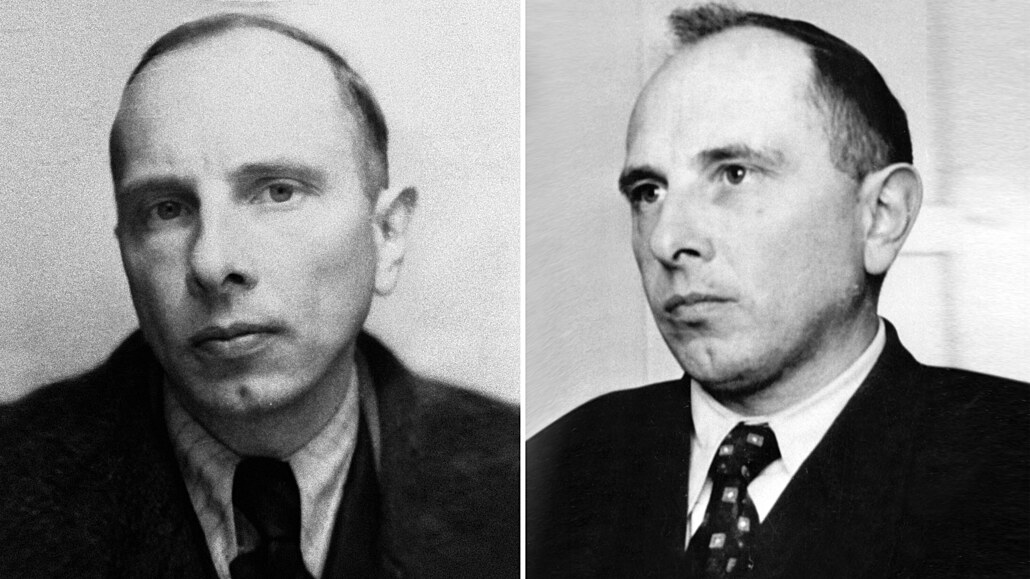“It’s a sign that the Ukrainian people are listening to our voices. I want to make it clear that the glorification of Stepan Bandera, the Ukrainian nationalist ideologue who killed tens of thousands of Poles in Volyn, is completely unacceptable on the Polish side.” he replied on the removal of the tweets of the Verkhovna Rada of Ukraine, Deputy Minister of Foreign Affairs of Poland Arkadiusz Mularczy.
He added that Ukraine should realize that Poland’s assistance is currently more important for Ukraine’s independence than commemorating controversial fighters for Ukrainian independence.
In the tweet, the Commander-in-Chief of the Armed Forces of Ukraine Valery Zaluzhny was photographed under Bander’s portrait. The tweet was reportedly accompanied by a quote saying that Ukrainian nationalism would only prevail if the Russian empire ceased to exist. “There is currently a struggle against the Russian Empire. The Commander-in-Chief is well aware of Stepan Bandera’s instructions,” the quote adds to the next sentence. However, Ukrainian media reported that they have not been able to locate the text in question.
Polish Prime Minister Mateusz Morawiecki discussed the tweet with Ukrainian Prime Minister Denys Shmyhal. “We are very critical of any cult, even the mention of Bander,” said Morawiecki. Poland to the media he said that in an interview with his Ukrainian counterpart he expressed his “very negative attitude” towards anyone who “relativeizes this crime”. We will always fight to make sure it is remembered.”
A hero to some, a villain to others
Bandera is a very controversial figure. Ukrainians view the leaders of the Ukrainian Nationalist Organization (OUN) as fighters for independence and for the freedom of the fatherland. Instead, Poles hold him responsible for the massacre of up to 100,000 Poles in Volhynia by Ukrainian nationalists during World War II. Bandera also spent some time in a Polish prison preparing to assassinate the Polish Minister of the Interior, from which he was released by the Germans during the annexation of Poland.
The relationship of a leading figure of the Ukrainian resistance to the Soviet Union with the Nazis, whose support Bandera relied on when declaring the Ukrainian state, is fondly remembered by Russia. Moscow has repeatedly claimed that expressing sympathy for Bander inside Ukraine is evidence of the country’s “fascism”. By “denazification” of Ukraine they justified the invasion of Ukraine.
But Bandera himself was imprisoned by the Nazis and his brother died in a concentration camp. Some Ukrainian historians suggest that Bandera was in a Nazi concentration camp at the time of the Volyn massacre. According to the Czech historian Tomáš Řepá, Bandera had no influence on a number of matters and spontaneous actions, including the founding of the Ukrainian Rebel Army, which cooperated with part of the OUN to carry out the massacres in Volhynia. “Bandera committed crimes and supported radicalization too because he was shaped by a violent environment. But he was definitely not what Russia was propagating,” said Řepa.
Obstacles in new Polish-Ukrainian relations
Despite the complicated historical relationship, Poland today is one of Ukraine’s biggest backers in the war against Russia. Poland is the largest host of Ukrainian refugees and is among the top ten countries contributing the most to Ukraine in terms of humanitarian, military and financial assistance.
Polish politicians pointed out that begging Bandera only interfered with these good relations. “Remembering criminals by the Ukrainian parliament will not build good Polish-Ukrainian relations, which can only be built on truth,” he wrote the head of the opposition Polish People’s Party, Władysław Kosiniak-Kamysz.
“The warning of Stepan Bandera, who is responsible for the mass murder of the Polish population, in the social network of the Ukrainian parliament should be objected to,” wrote Radosław Fogiel, chairman of the Polish parliament’s foreign affairs committee of the ruling party Law and Justice. “That should be clear, especially to friends. Even more so because Ukraine has a real new hero,” added Forgiel.
Andriy Sadovyj, mayor of the western Ukrainian city of Lviv, also spoke about the Ukrainian heroes who were inspired by Bander’s example. “The new generation that grew up on the example of Stepan Bandera went to war with the new Moscow horde,” he wrote alongside an image of the Bandera monument, where he stands with young men in military uniform.

“Certified bacon geek. Evil social media fanatic. Music practitioner. Communicator.”







